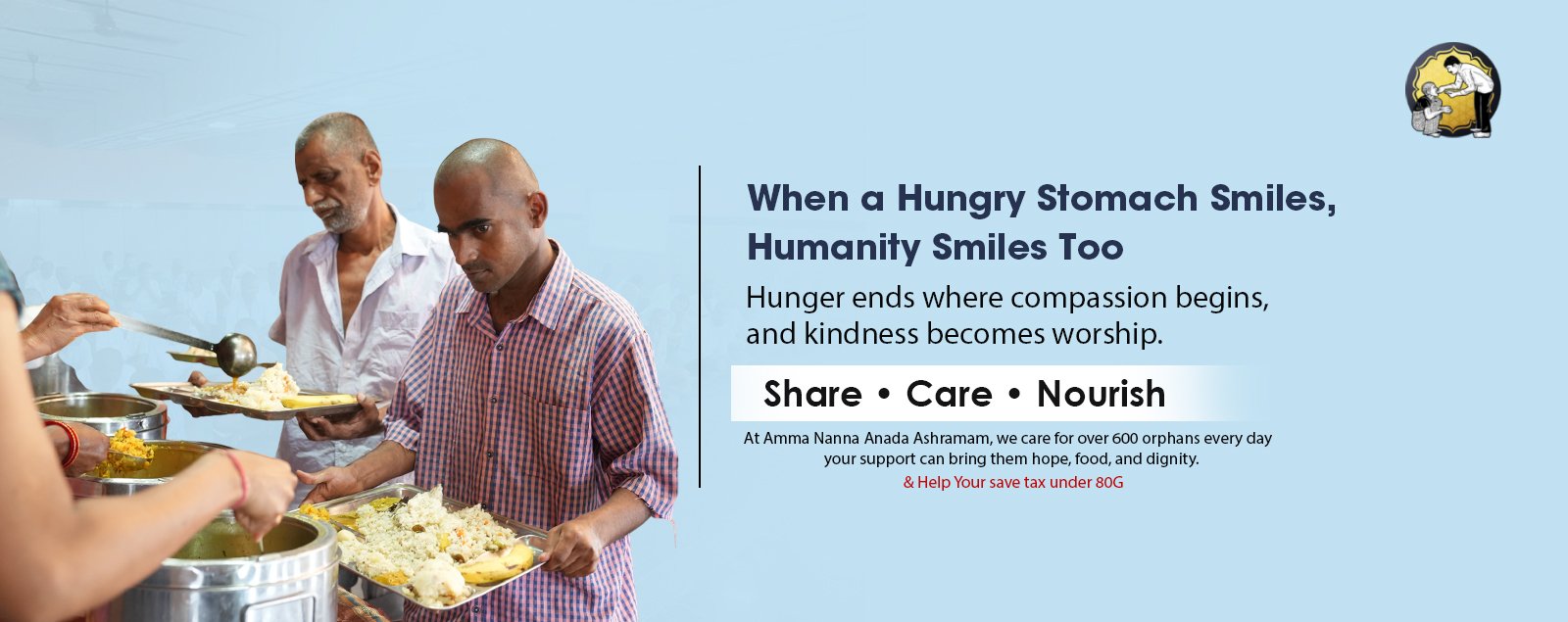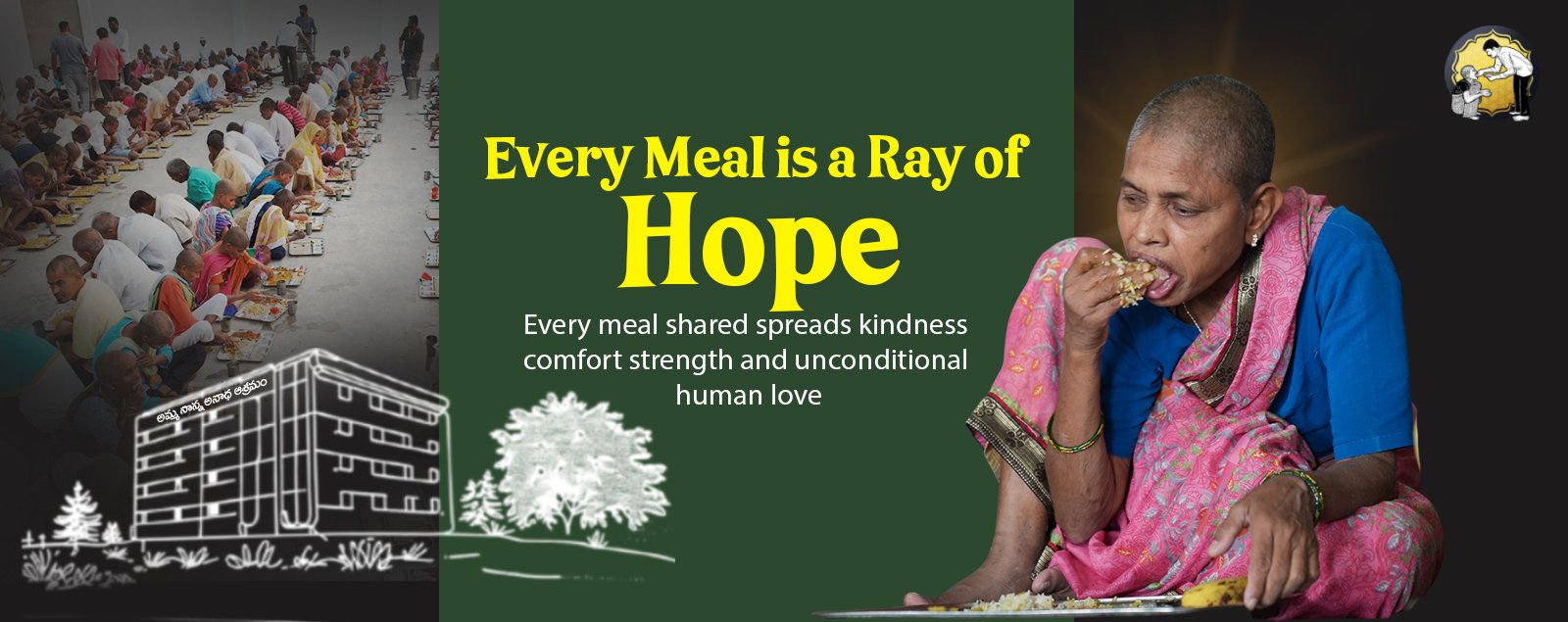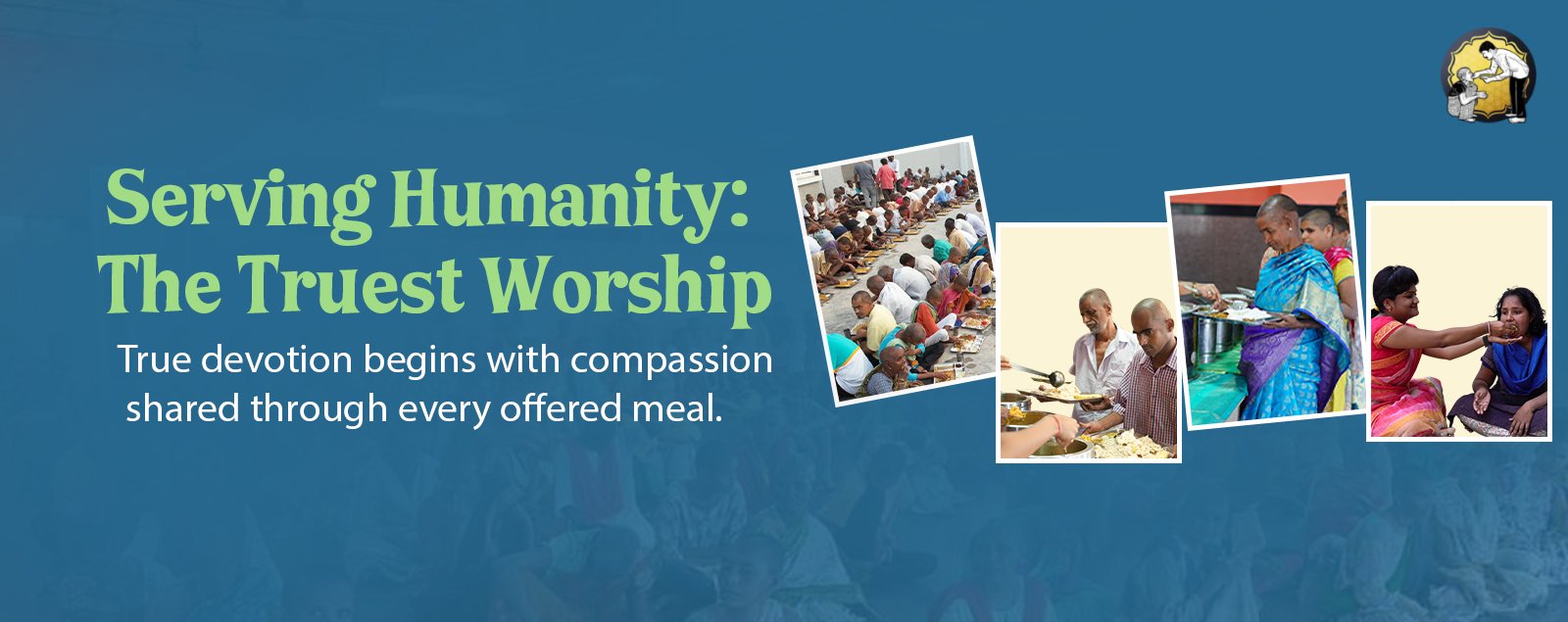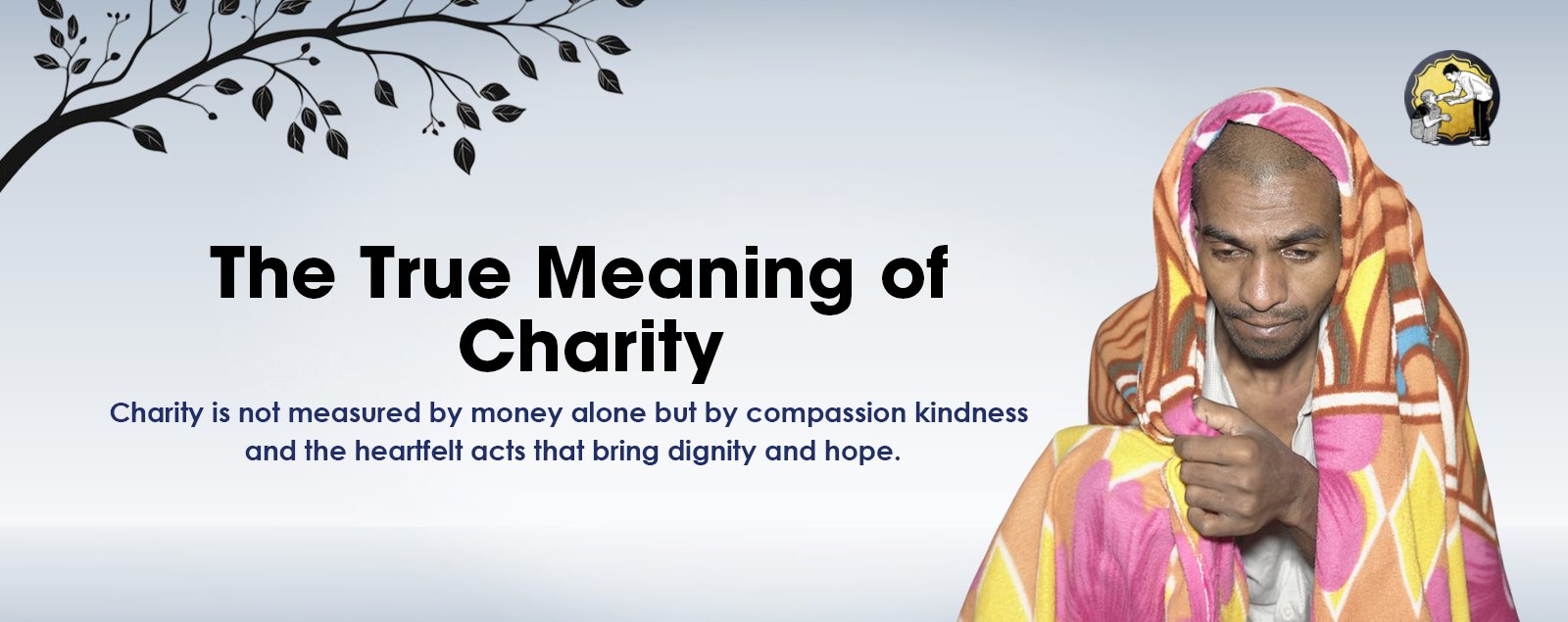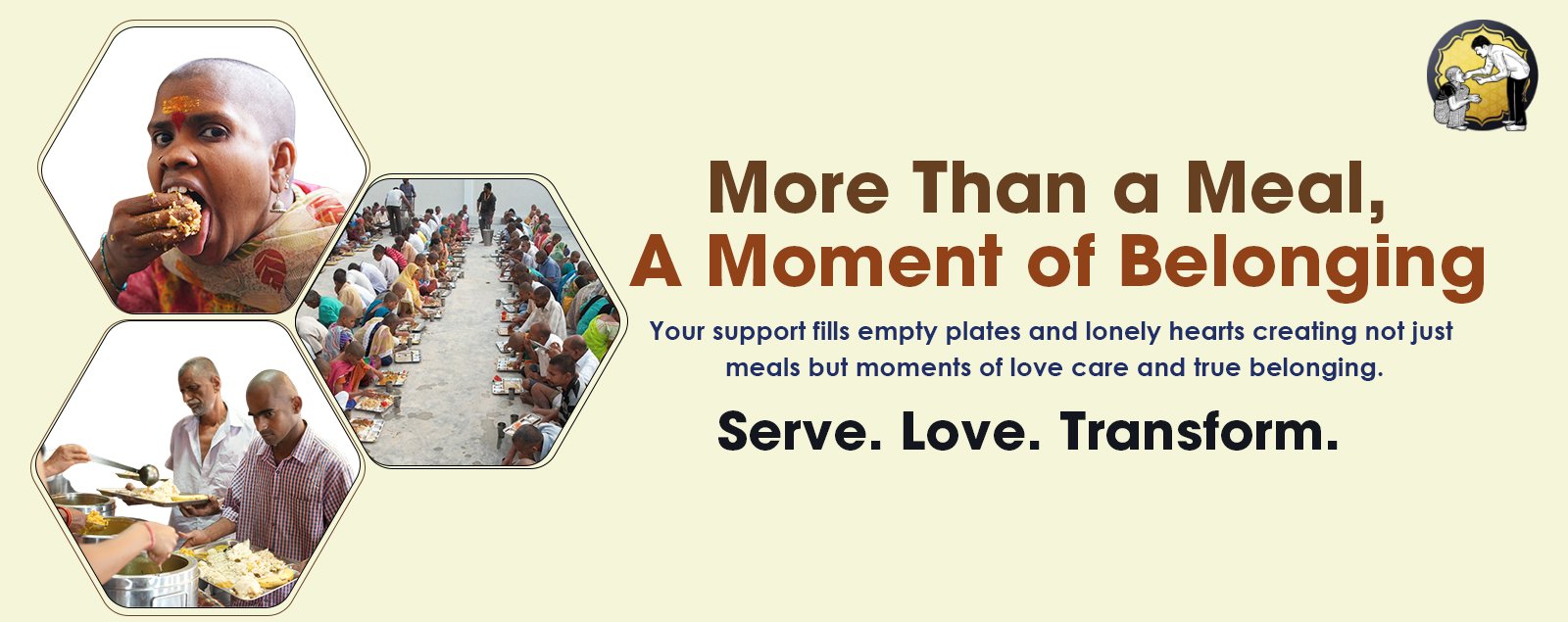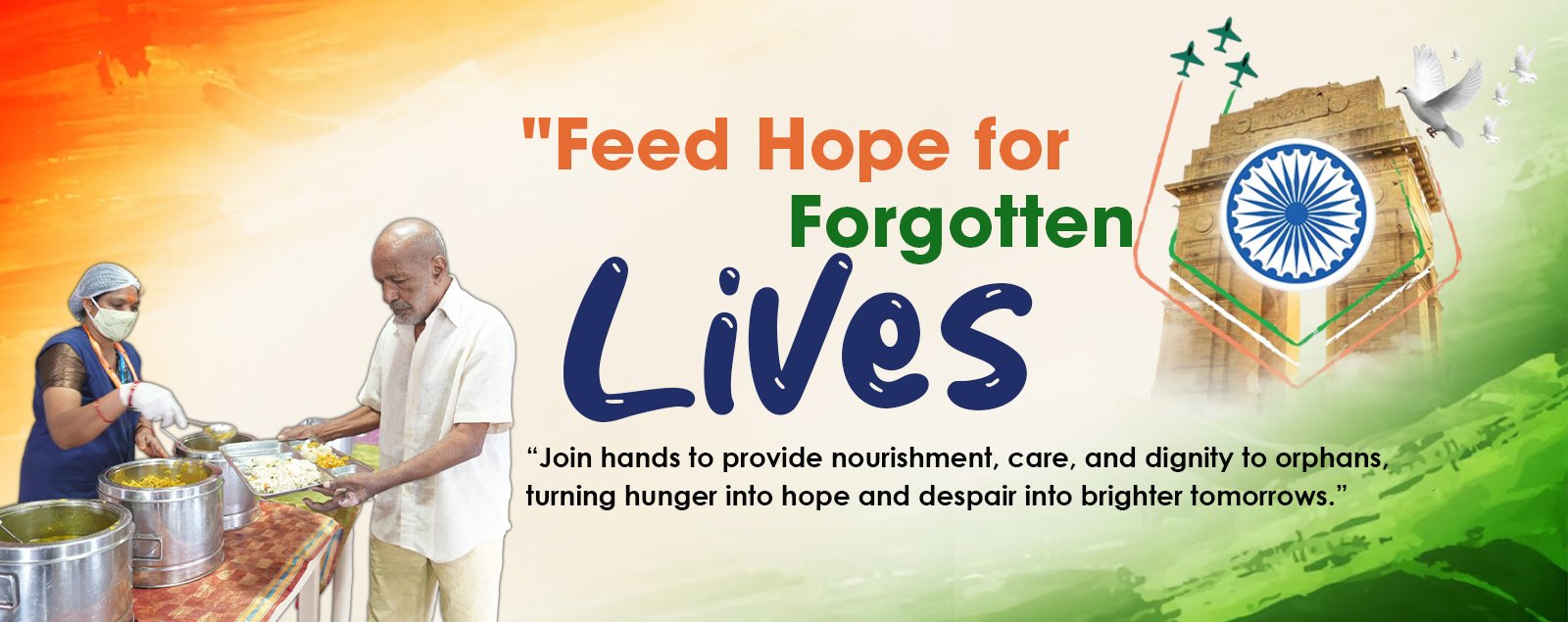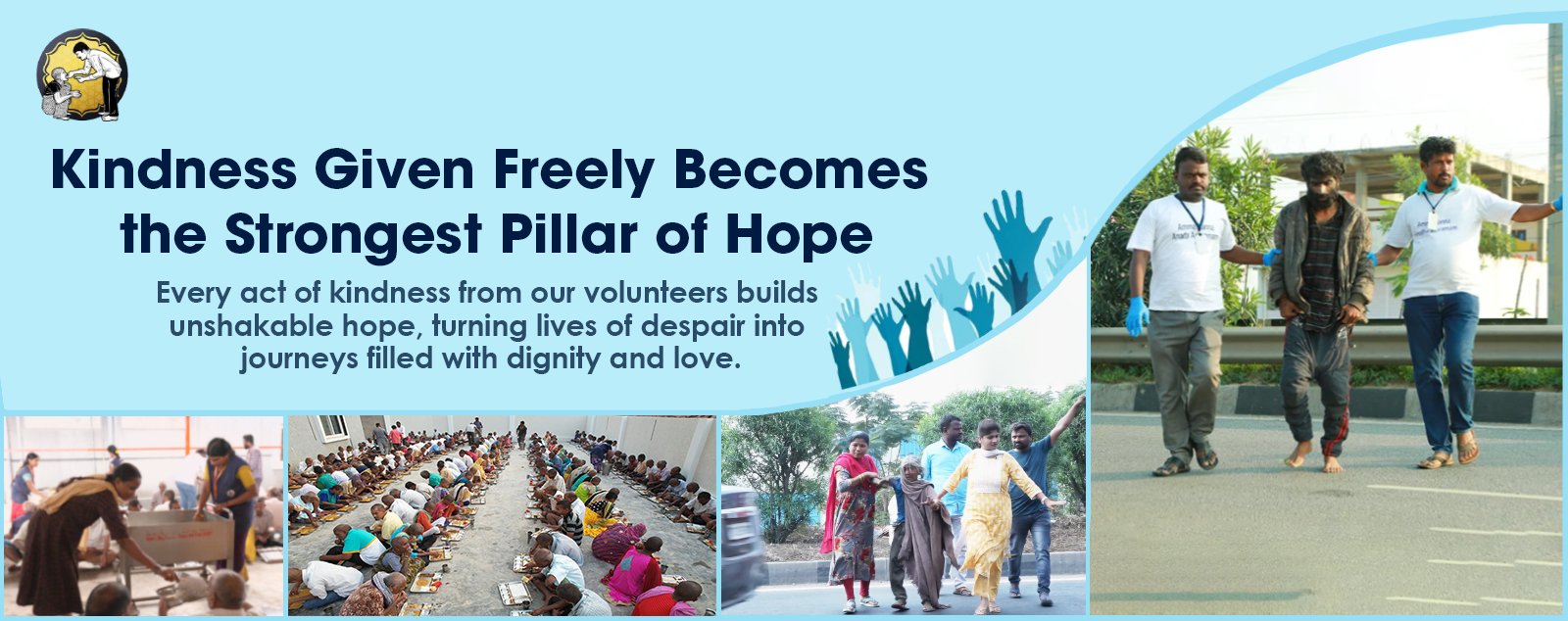- News
- News Blog
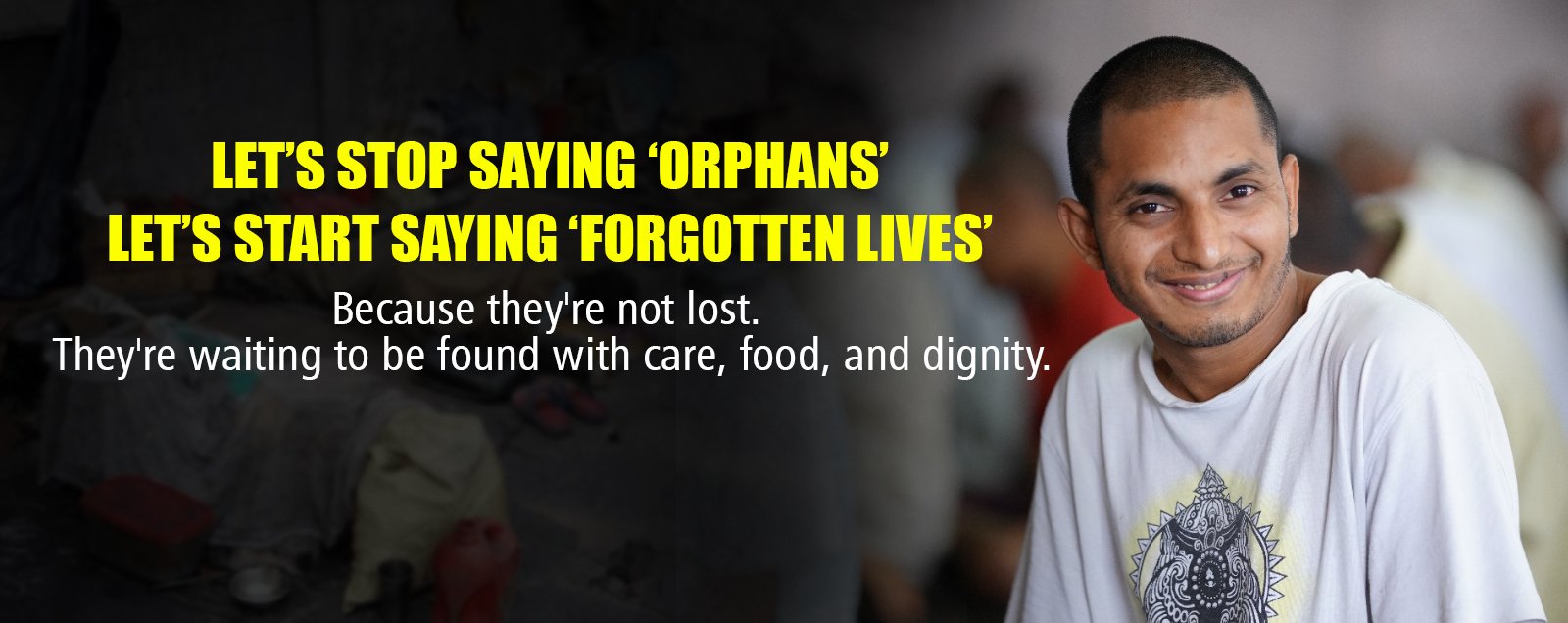
Why We Should Stop Saying Orphans and Start Saying Forgotten Lives
They are more than what they have lost.
In our society, words hold power. They can heal or harm, uplift or reduce. One such word that we often use without second thought is “orphan.” Though technically accurate in describing someone who has lost parental care, the term has come to carry emotional weight, stereotypes, and—unintentionally—a sense of finality and abandonment. It is time we rethink how we refer to these individuals.
The Weight of a Word
The word orphan is often associated with helplessness, brokenness, and charity. It reduces a life to a status—defined by what is lost, rather than what remains. It often evokes pity rather than dignity.
In truth, many individuals referred to as orphans today are not just without parents—they are forgotten by society, neglected by systems, and overlooked by those in power. The loss of family is only the beginning of a deeper, more complex struggle: the loss of identity, belonging, and societal recognition.
That’s why we believe it’s time to move beyond the term “orphan” and begin using a more human, inclusive, and empathetic phrase: “forgotten lives.”
Forgotten, Not Forsaken
At Amma Nanna Anada Ashramam, we see firsthand how these lives are not just lost—they are simply left behind by a fast-moving world. Many of the individuals we care for have been found on roadside pavements, battling hunger, mental health challenges, and physical neglect. They are not just orphans by definition—they are forgotten by the very systems meant to protect them.
But they are not broken. They are resilient, creative, loving souls who simply need a second chance, a kind word, and a consistent meal.
Language Shapes Action
Changing how we speak changes how we treat people. When we call them "forgotten lives," we acknowledge that:
Their current condition is not their fault.
They deserve attention, care, and dignity.
They are more than what they have lost.
It shifts our mindset from charity to solidarity, from pity to partnership.
How We’re Restoring Dignity
Through the daily meal we provide to over 600 such lives, through shelter, care, and spiritual inclusion in the Sri Punya Lingeswara Swamy Temple at our ashram, we are working not just to feed—but to restore. Every plate of food is a message: You are not forgotten.
Let’s retire the labels. Let’s embrace human-first language that gives respect where it's due.
